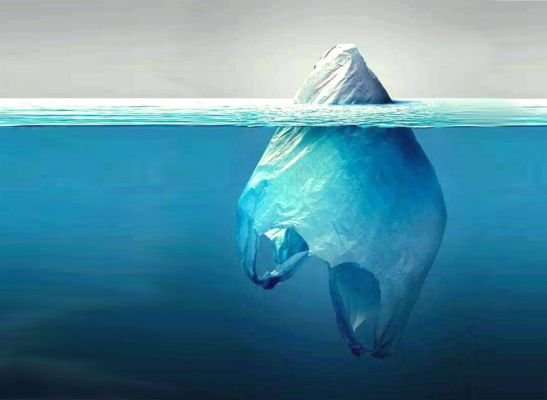Reportedly, more than 40 % of the plastic produced is single-use plastic that is used just once before it is discarded. Studies also say that over five trillion pieces of plastic are floating through the oceans.. At least a few such occurrences have been recently reported in locations spread as widely as Mumbai and the Dominican Republic.
Consumerism is probably at an all-time high so when you need to buy something, look for biodegradable or at least recyclable alternatives and avoid single-use plastics. When you go out to shop, carry your own bags, preferably a recycled cloth or newspaper bag.
“Plastic, in any case, misbehaves with fresh fruits and vegetables. It is not sensible to carry or store fresh produce in plastic.”
Look for more responsible, local online shopping portals such as Salebhai, who promote eco-friendly products and packaging. They are working to minimise plastic waste, by packing with paper as much as possible and have products made with eco-friendly or recycled material, including reed bags and wooden crockery that will gel better with the environment.
While in kitchen store your ingredients in glass, steel or heavy-metal free ceramic containers. Ditch plastic mugs or disposable cups. Use steel or safe ceramic mugs. Carry steel lunch boxes or steel bento boxes.
You could also opt for edible cutlery by organisations such as Bakeys or the recently-launched Bengaluru-based startup EdiblePRO, which is offering edible spoons, forks, soup spoons, ice-cream sticks, and bowls (customisable). If you are looking to carry reusable straws, you could opt for Bamboo India’s bamboo straws
Remember, the pizza saver, the little table that is placed in the centre of pizza boxes for home delivery, are significant contributors to plastic pollution. Request for the table not to be used while ordering in pizza.
There are also several alternatives to sanitary napkins and diapers, which, too contribute significantly to landfills, being single-use plastics. Opt for cloth pads or diapers, menstrual cups, or biodegradable sanitary napkins such as Hey Day or Carmesi.
Avoid buying personal care and beauty products that contain exfoliator beads, which poison water bodies and marine creatures. Opt for package-free soaps and shampoos.
Reference- National Geographic, The Hindu






